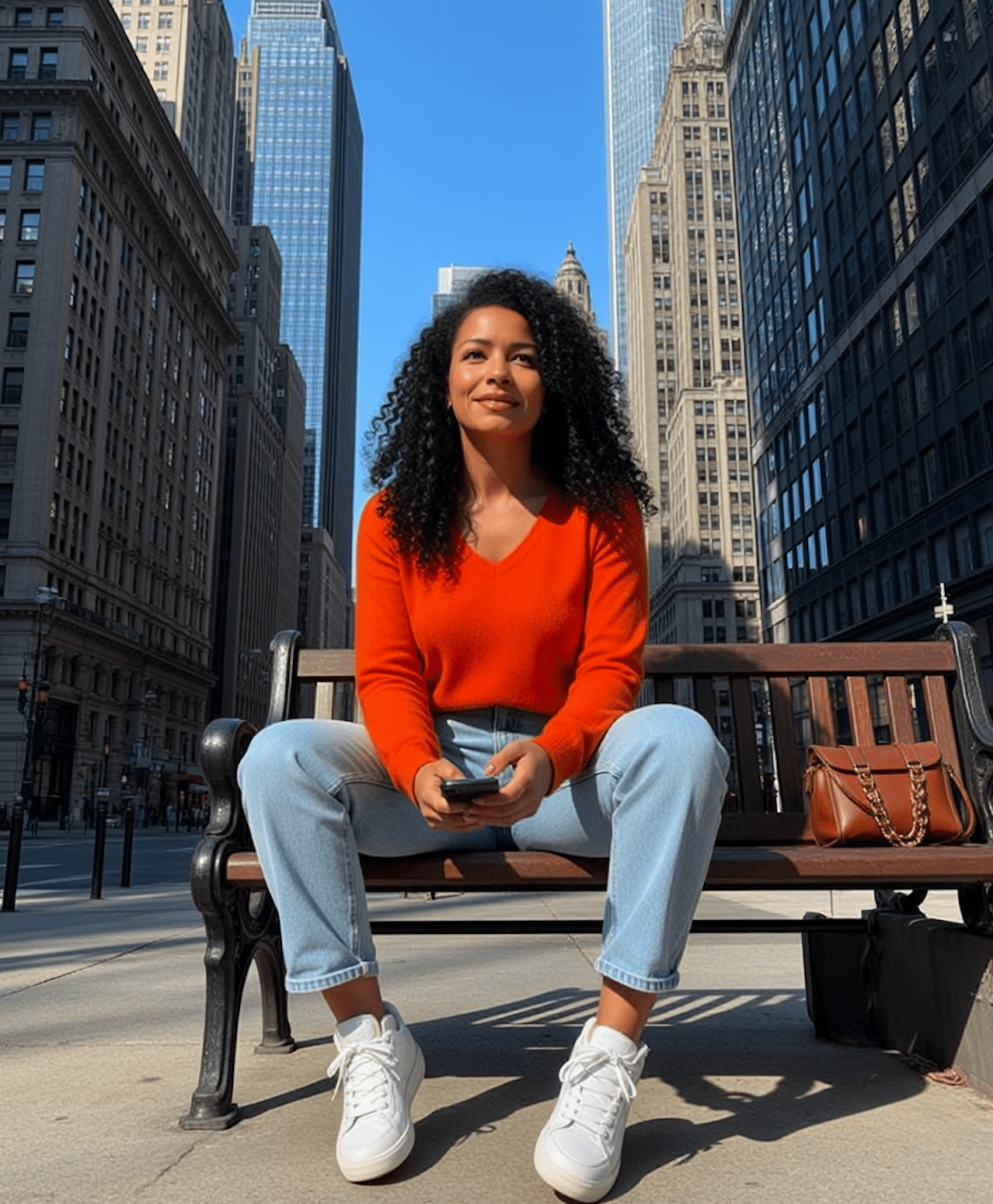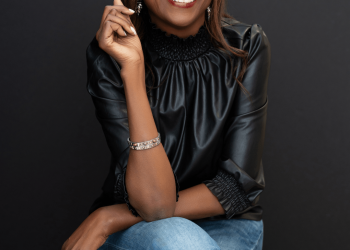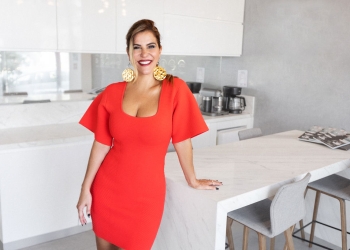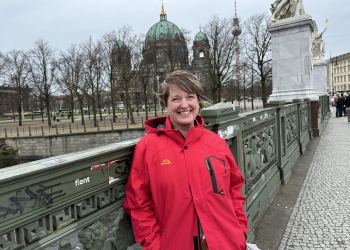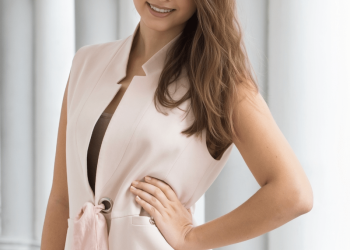Real change in any industry rarely comes from the top, it begins when people on the ground decide they have had enough. In dance and fitness spaces, where young people often learn to equate silence with survival, the missing piece has always been solidarity. Community and peer support don’t just offer comfort; they are the pressure points that can transform a culture built on competition and secrecy into one built on trust and accountability.
This is where Christina Rak has made her stand. A former studio owner with a background in psychology, she understands how deeply isolation shapes the dance world. Dancers are taught to compete with each other, parents fear being sidelined if they raise concerns, and teachers risk judgment if they challenge harmful norms. Christina’s mission is to break through that isolation by showing that progress only happens when people stand together. For her, community is not just a support system, it’s the engine of reform.
She points to peer support as a turning point for young dancers. When children know their struggles are shared, resilience grows. They are less likely to feel alone and more likely to speak out against practices that don’t serve them. In an industry that rewards silence and perfection, peer validation offers a lifeline. It tells dancers they are not imagining the problems they see, and that their experiences are real and worth addressing. That sense of recognition, Rak argues, is what allows courage to take root.
Parents and teachers play an equally critical role. Christina has seen how families who stand alongside their children, and educators who are willing to name what others ignore, can shift the balance of power. When concerns are voiced collectively rather than individually, institutions can no longer dismiss them as isolated complaints. Community action creates pressure that forces studios, competitions, and organizations to reconsider their priorities. What once stayed hidden becomes harder to deny when many people demand answers at once.
Her psychology training shapes how she approaches this work. She knows validation is not a small thing; it can change how people recover and how they act. Survivors who share their stories often describe the deepest wound as not only the abuse itself but the silence that followed. Christina sees listening as more than compassion, it is a tool for healing and a lever for change. Each story told, and each story acknowledged, strengthens the call for reform.
But community support, as Christina describes it, goes beyond listening. It must also lead to action. Survivor networks, parent coalitions, and teacher alliances are not just comforting circles; they are engines of accountability. They bring issues into the open and carry them into policy conversations where change can be written into law and practice. Christina has witnessed how small groups, when united, can influence conversations far larger than themselves. That momentum builds when voices multiply, turning vulnerability into power.
Her vision is clear: a culture where dancers grow in spaces defined by support instead of fear, where speaking up is rewarded rather than punished, and where safety and empowerment come before medals or revenue. She believes this shift doesn’t require tearing down dance as an art form, it requires reshaping the environment around it so that children can thrive.
Every child who walks into a studio or onto a stage deserves more than technique. They deserve protection, encouragement, and a community that stands behind them. Christina Rak’s work is a reminder that culture is never fixed; it bends when enough people push together. By building networks of peer and community support, she is helping turn silence into action, isolation into solidarity, and fragile systems into spaces strong enough to keep every child safe.

